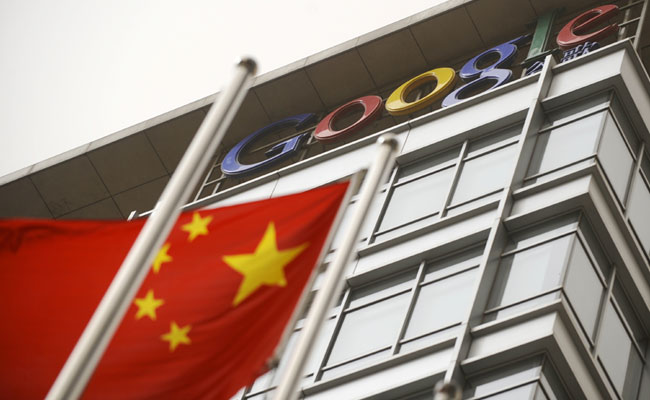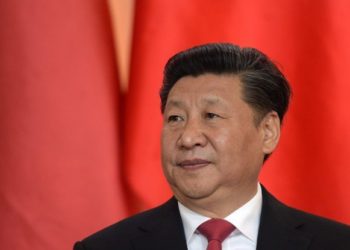In the summer of 2008, when I interviewed for an internship at Google London headquarters, one of the questions was whether I would have supported Google’s entry into the Chinese market in 2006. This was two years prior to Google’s official and dramatic exit from China on account of ethical considerations.
My answer at the time was yes. I argued that some information access is better than none. In my view, the polarizing human rights narrative about the Chinese market is more concerned with our Western sensibilities than with the actual demands of Chinese citizens. While we want them to be liberated from the chains of the Communist Party, Chinese citizens may be more concerned with food safety, clean air, and consumer rights – information they may find on Google.
Eight years after its exit, Google faces a similar dilemma, but some things have changed. China’s tech sector became competitive on the global market and Chinese citizens experience more intensive censorship and surveillance than they had back in 2010. China became simultaneously more globalized and more closed. And American tech giants, including Google, are dealing with more regulations in Western markets and competition from Chinese artificial intelligence.
Once again, a number of human rights organizations, such as Amnesty International, but also Google’s own employees who have been kept in the dark about this project, are decrying this decision as unethical.
The ethical lines, however, remain blurry.
If we return to the perspectives of Chinese citizens, there are definite benefits to them from Google’s re-entry. It can provide an alternative to Baidu, the main Chinese search engine that monopolized the market. Baidu has been engulfed in a series of medical scandals recently that diminished public trust in the search engine that many already critique for its weak functionalities.
In 2016, it faced its biggest scandal yet: a young man died from a fake cancer treatment listed on Baidu. A poll on Weibo (China’s equivalent to Twitter) that has since been deleted, showed that the majority of respondents prefer Google over Baidu if Google were to become available.
How competitive Google would be over Baidu is unclear given that Baidu had a decade of experience over Google in the Chinese market and benefits from strong party linkages. But even if Google doesn’t manage to provide a significantly more attractive product, its presence would push Baidu to compete and become more transparent and publicly accountable. Baidu shares have already dropped since the Google news leaked out.
Ethical Concerns
The key ethical concern about Google’s re-entry at this particular juncture is not about the company disempowering Chinese citizens, but about setting a new precedent for global tech operations across the authoritarian spectrum. In contrast to eight years ago, China is not just a giant autocracy we hope would democratize one day, it is now an aspirational model for many countries with authoritarian inklings, and is a more active player in geopolitics.
If Google provides a censored engine to China, why wouldn’t other authoritarian countries that are increasingly importing Chinese censorship and surveillance technology, like Vietnam or Zimbabwe, not demand it as well? Or at the very least, require Google to localize data and empower surveillance indirectly?
When I was recently doing research in Ethiopia on China’s presence there, some officials in charge of media regulation told me they would like to design their own social media platforms so they could lure their users away from Facebook and Google. That ambition is hard to fulfill given their limited resources. But pushing global companies for altered versions or for more data storage may be more feasible.
Google, Facebook, and YouTube are already under constant pressure from governments around the world to remove content. Google’s re-entry into China would only increase the pressure to an unprecedented level the company might not anticipate.
As a vocal supporter of internet freedom agenda, by entering China, Google also automatically empowers the internet sovereignty policy or the idea that governments should be in charge of internet regulation. Does this matter if, as a recent article in Foreign Affairs argues, the future of the internet is already Chinese?
It does, because many other countries that are somewhere in between committing to open and borderless internet and treating the internet as primarily a government domain, would take the first option less serious given that one of the major American giants is ignoring it.
Of course, Google’s actual entry into the Chinese market is far from guaranteed. China’s party-state thus far has deliberately sheltered its tech sector from competition. Facebook was recently promised an entry, but then the government flipped. Google’s CEO just deflected public criticism with a non-committal remark about China entry. But getting to the heart of the ethical debate is still important. In contrast to eight years ago, the ethical decisions are now more globalized and will carry repercussions much beyond the Chinese market.






















